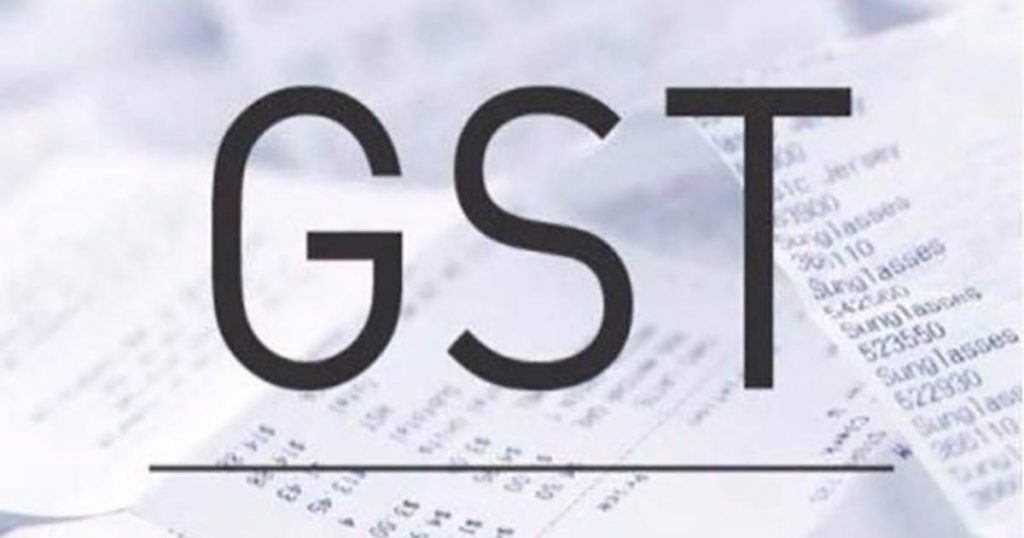
For now, the state goods and services tax (GST) will persist in Jammu and Kashmir, as per the Jammu and Kashmir reorganisation legislation. However, after some time the UT GST Act and state GST Act will become operative for Ladakh and J&K, respectively. Accordingly, some important amendments would have to be introduced for adding Ladakh in the UTGST Act, 2017.
In the opinion of experts, under the reorganisation Act, the sustenance of GST Act is very essential as its termination will obstruct the enforcement of the indirect tax on the two union territories which is going to step in the shoes of Jammu and Kashmir state. At the same time, abortion of SGST Act in J&K would germinate the seeds of trouble in the tax collection from the state.
An official said, “Although J&K will continue with the SGST since it has an assembly despite being union territory, Ladakh will require UTGST, for which the Centre will pass an ordinance to quicken the process,”.
Sumit K Batra, a corporate lawyer, said until formal notification is out, J&K post removal of article 370 will be governed by SGST.
Apart from the tax laws, there are some other matters of contention which needs to be knuckled down to smoothly implement the GST in the two UTs. Other changes like the formation of GST Appellate Tribunal by the centre will also take place. Earlier, J&K has to set up Appellate Tribunal on its own but now the responsibility falls in the court of the central government.
According to an expert, the companies in Jammu and Kashmir which have a presence in Ladakh would need to carry out formalities for the division, individual registrations and also impose a GST for any transaction between these business locations. He also said that other industrialists may have to make small procedural alterations such as changes in state code, nature of the tax as UTGST vis a vis SGST for supplies to J&K and so on.
Under the GST law, a unique GST number enrolled with GSTNetwork has allotted to each State and a State has been construed to add a Union Territory which has Legislature. Considering these points, Delhi and Pondicherry are treated as States under GST as they both have State Legislatures.
Unlike other states, GST was not implemented on J&K in 2017. Jammu and Kashmir accosted the era of GST a few days later when the state assembly had moved a resolution for the implementation of GST, by unifying the state’s indirect tax into the new consolidated taxation system. Initially, there was no service tax in J&K.
This resolution which was initially started by the then State finance minister Haseeb Drabu was then adopted via a presidential order behesting the Centre’s attention to preserve the exclusive status and special taxation rights of the state.
Drabu holds the assembly sarcastically that Article 370 of the constitution which gives exclusive status to J&K, has not been jeopardized by any means via governmental order.
Daru interpreted “This House resolves that the government of Jammu and Kashmir may give consent to the adoption of GST regime by application of relevant amendments made to the Constitution of India in a modified form to safeguard existing constitutional position of J&K in the Union of India and the legislative powers under the Constitution of J&K,” from the resolution.